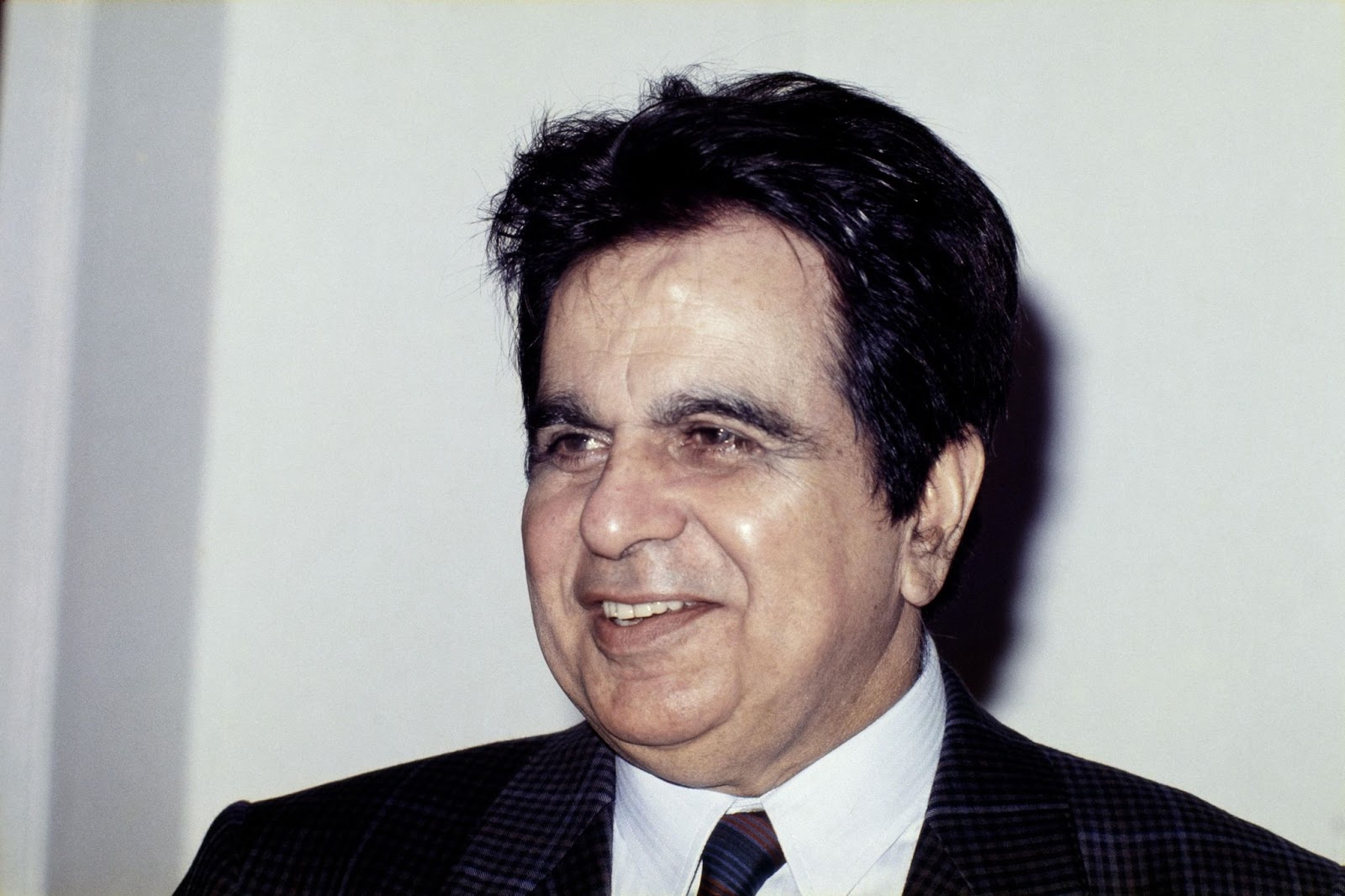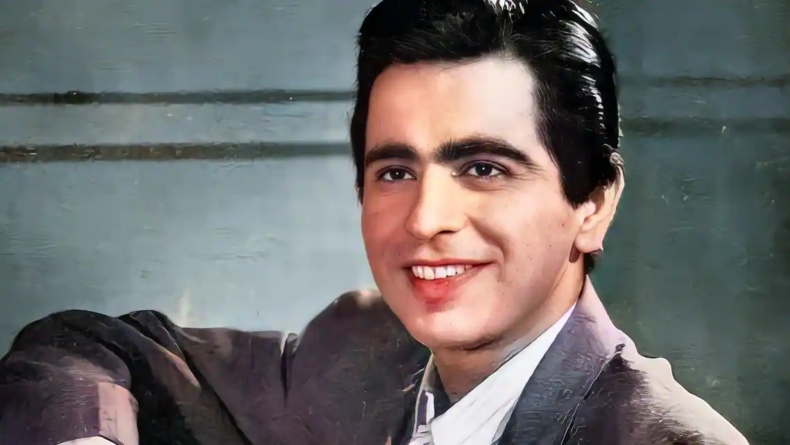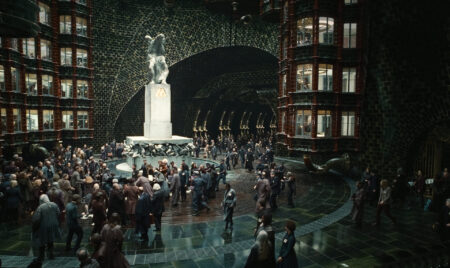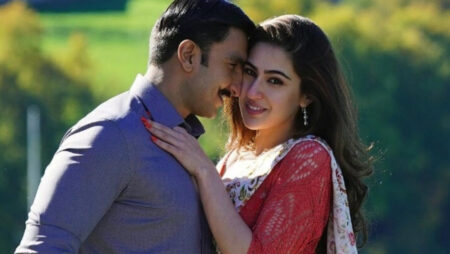We’re remembering Dilip Kumar’s death anniversary by looking at how the “first Khan of Bollywood” set the standard for success with his second innings.

The flamboyant Dilip Kumar, who was born Yusuf Khan, was one of the first stars that the Hindi cinema industry had ever seen.
Along with Raj Kapoor and Dev Anand, he was a member of the trio that is known as the Big Three. But he was so much more than that transitory money; he demonstrated that he had the bones of an actor and the charisma of a star.
With movies like Devdas, Madhumati, and Naya Daur, as well as many more, he established the template for what a Hindi film star might be. Decades later, many others are still attempting to duplicate the same formula, as well as his manner of acting.
In spite of the fact that he was a highly regarded actor during his whole career, Dilip Kumar had a difficult time recreating the same enchantment on film in the 1970s.
He appeared in one poor film after another, but everything changed for him when he was cast as a liberation warrior in Manoj Kumar’s film Kranti in 1981. The actor had gone away the previous year.
Dilip Kumar mentioned in his autobiography Dilip Kumar: The Substance & The Shadow that he had considered retiring from acting but that he could not refuse Manoj Kumar because the actor-director had been there for him when Saira Bano was experiencing a health scare while they were filming Purab Aur Paschim.
Dilip Kumar was unable to refuse Manoj Kumar because of their previous relationship.
Dilip Kumar said that when he decided to be a part of the film, he had not even read the screenplay of the film, which is highly unusual for an actor of his stature and was rather surprising to hear. Kranti, on the other hand, opened the door for him to play a second innings.
Even after Kranti, he entertained the idea of living a life of retirement, but at that moment, Subhash Ghai presented him with Vidhaata.
During the course of the decade, Dilip Kumar appeared in a number of films, including Mashaal, Shakti, Karma, and Saudagar, all of which contributed to the reassertion of his star status. At this point in his career, Dilip Kumar had nothing to prove to anybody; nonetheless, this part of his acting career exposed him to a new generation of audience members.
Dilip Kumar did not play the lead role in any of these movies, but the roles he played served as the impetus for the storylines of the films.
In his memoir, he explains that “all of the films I selected at this juncture, be it the period film Kranti or Vidhaata or Shakti or Karma or Saudagar or Mashaal, were chosen because they offered me the satisfying pivotal role in the script.” “All of the films I selected at this juncture” includes “the period film Kranti.”
Dilip Kumar was remembered in these films because they showcased him in all of his grandeur, whether he was portraying a good police officer in the film Shakti, a righteous newspaperman who subsequently abandoned his ideals in the film Mashaal, or a wounded elderly man in the film Karma.
He said in his writing that these movies “had themes that highlighted the strength of the principal character to stand up to the difficulties.” I was intrigued by the characters, and I believed that if I devoted myself to portraying them with passion and authenticity, I could make them motivational and memorable.
Many of his contemporaries had either become irrelevant with the passage of time or persisted in adhering to a strategy that had previously been successful for them.
This is true even in the present day for a great number of celebrities, some of them are romantically involved with women who are just half their age or are attempting to recreate the performances that brought them success a decade ago.
There is no set path that may help an actor maintain their relevance over the course of many decades in the film industry, but Dilip Kumar was able to pave the way for others to follow in this regard.
After so many decades, very few people have managed to properly make this move, with Amitabh Bachchan being the only exception.
The decade of the 1990s was a lull for Big B in terms of his career, but YRF’s Mohabbatein was the film that sparked a fresh beginning for him, and it was also a pivotal moment in his career.
Of fact, Dharamendra and the late Vinod Khanna, along with a few other male stars, featured in films during their second innings; nevertheless, none of them were able to reach the same level of success as they had in their prime.













